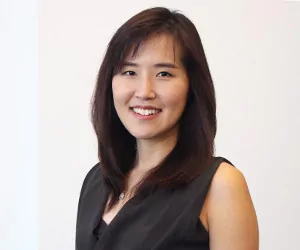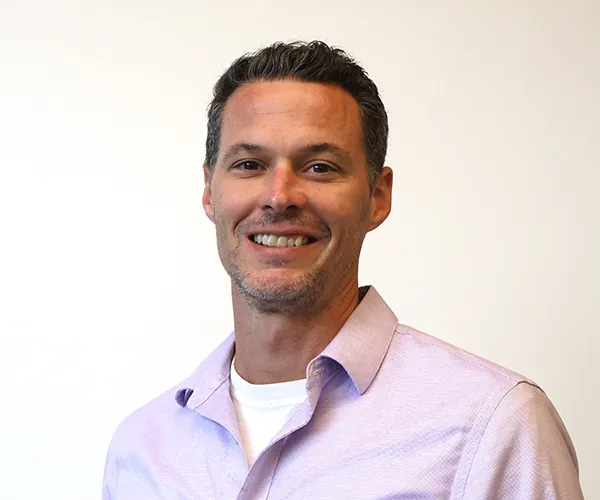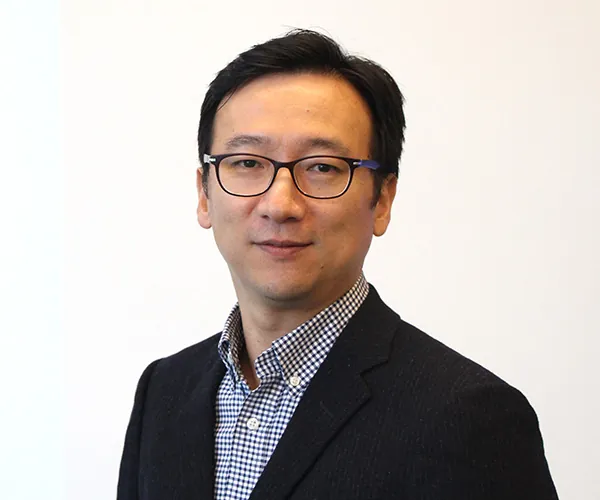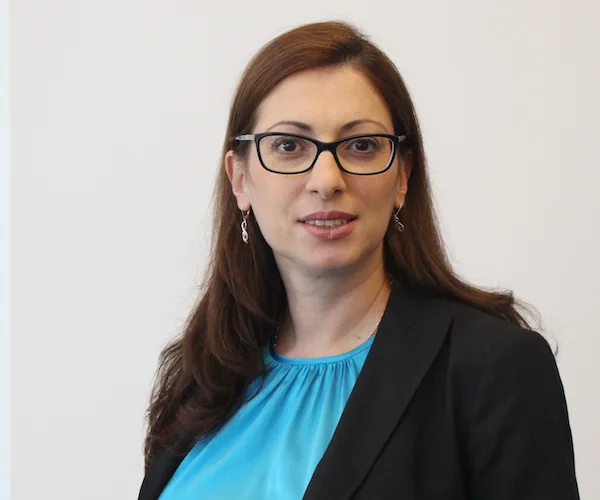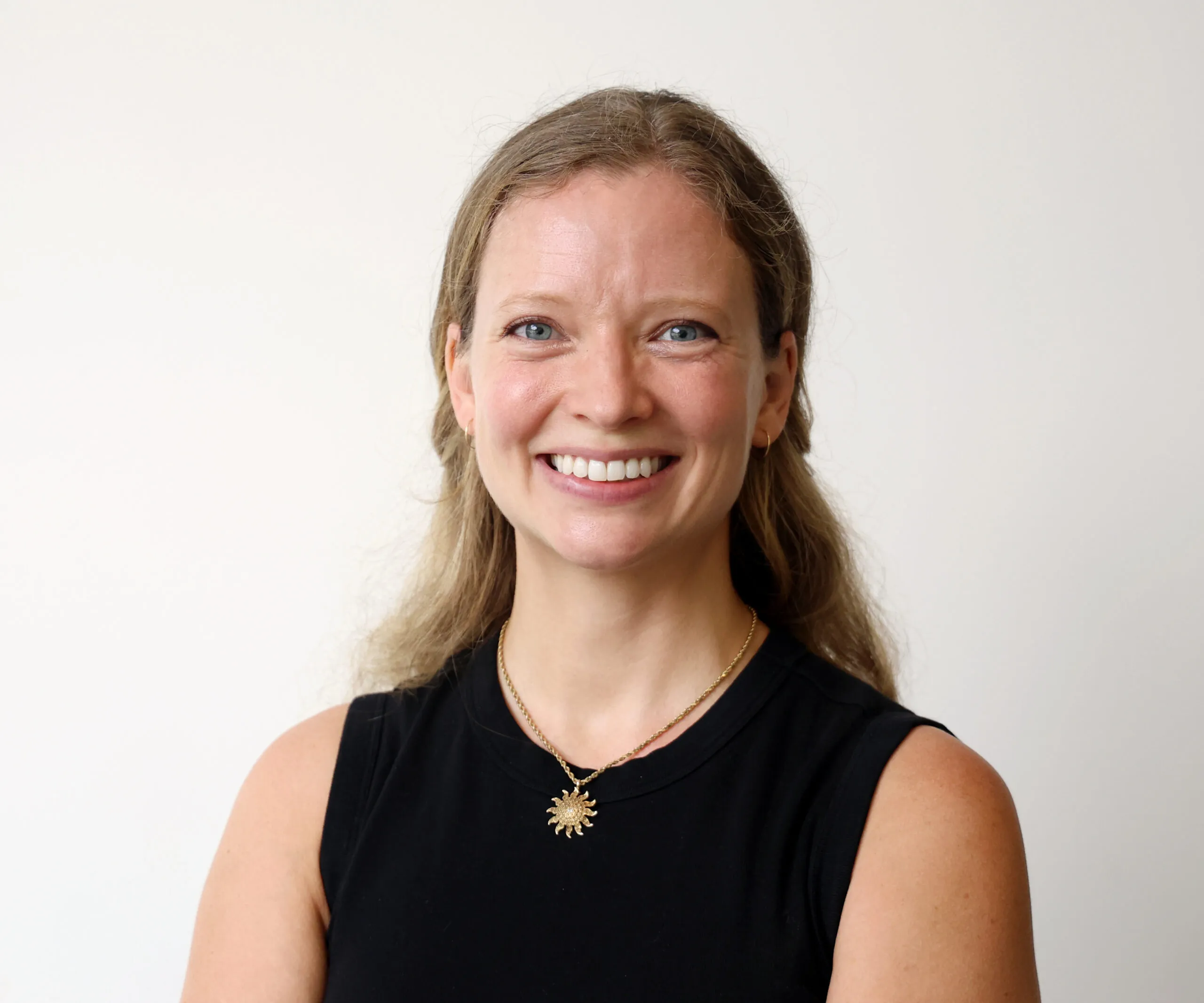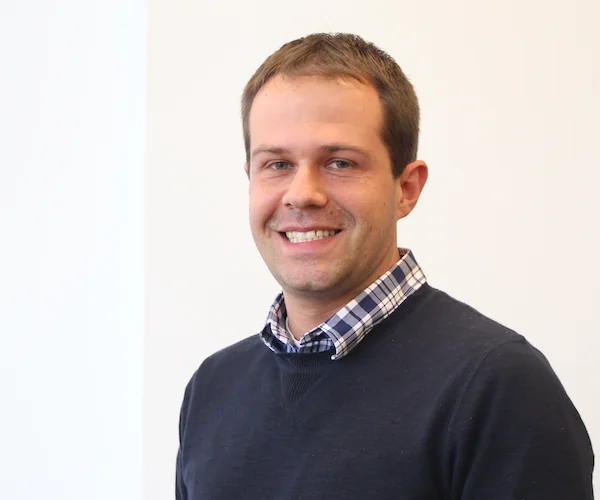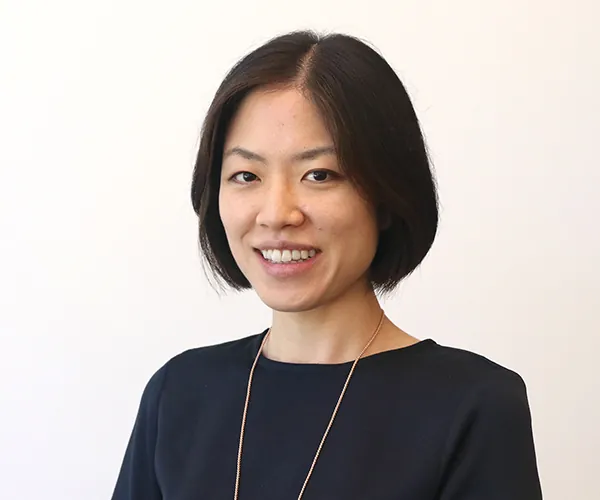Center for Health and Risk Communication
Center for Health and
Risk Communication

About
The Grady College Center for Health and Risk Communication is focused on health and risk communication-related research, teaching and service that advances knowledge about effective and understandable messages to help people make better health-related decisions.
Communication is one of the most cost-effective and efficient ways to foster public and individual health and safety. With effective communication we can prevent illnesses and injuries instead of having to treat them, and provide people with advice and recommendations to help them stay healthy. Health protection messages may be delivered through traditional mass media, interactive new technologies or through interpersonal contact. Clear and timely communication between health service providers and individuals seeking health information, treatment or support can improve the quality and effectiveness of care.
Researchers at the CHRC are interested in many facets of health and risk communication. Their interest and expertise includes examining how target audiences make health-related decisions, the factors that influence or persuade people to adopt health advice and recommendations and how new technologies can increase attention to and understanding of health-related risks. CHRC researchers use this knowledge to create and evaluate messages, materials and approaches that will get an audience’s attention and produce results. For example, since teenagers tend to react according to feelings over logic, rational messages about the health risks of smoking may have less of an impact than ones that produce an emotional reaction.
The CHRC has a particular commitment to research and activities designed to reduce health disparities by adapting communication to diverse populations. Reaching and effectively communicating with different racial and ethnic populations often requires in-depth understanding and tailoring of campaigns and messages so that they address the specific concerns and interests of those populations.
Currently, CHRC researchers are working on communication projects that encompass disease prevention and health promotion. Specific efforts include fostering vaccine and immunization acceptance and confidence; the use of health and risk communication, including new communication technologies, to prevent and reduce obesity and overweight; and identifying the best public health communication efforts in an effort to identify “best practices.” Interdisciplinary connections among Center for Health and Risk Communications researchers and with researchers in other biomedical and health sciences are essential to this enterprise.
MISSION STATEMENT
The Center for Health and Risk Communication at the University of Georgia advances knowledge about the role of communication processes in enhancing human health and safety.
What we do
- Functions as an institutional, regional and international contact point for University of Georgia outreach in health and risk communication research, training and service
- Offers venues for University of Georgia faculty, staff and students to learn of new developments in research on health and risk communication
- Serves as a clearinghouse for information and expertise regarding health and risk communication
- Promotes development of research projects and of proposals for external support for such projects; in particular, promotes interdisciplinary collaborations
- Offers opportunities for mentoring for emerging scholars in health and risk communication
- Provides limited staff support and physical plant for selected research projects
Contact Info
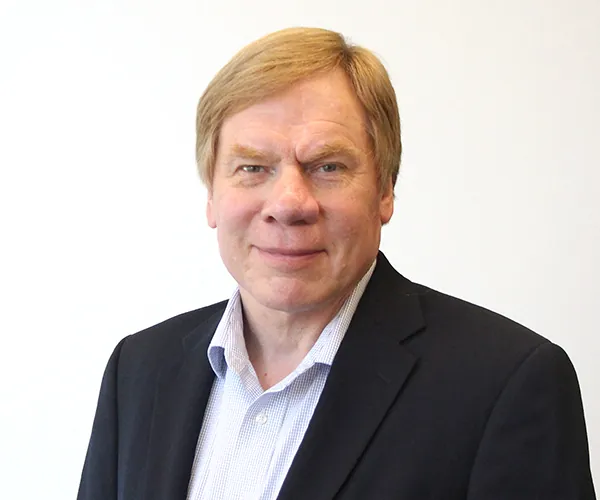
Glen Nowak
Jim Kennedy New Media Professor; Associate Dean for Research and Graduate Studies; Co-Director of Center for Health & Risk Communication; Professor
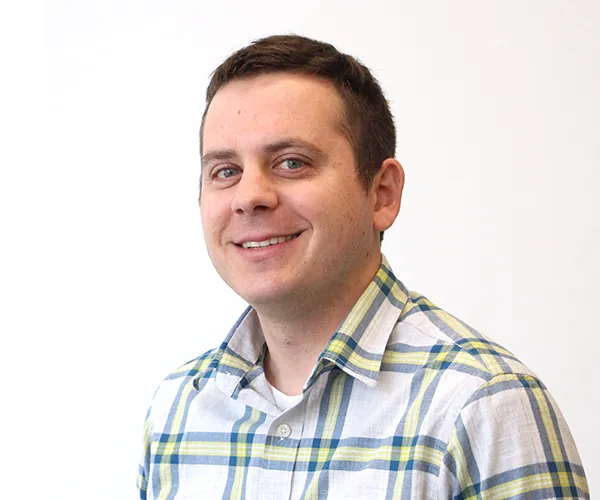
Dr. Michael Cacciatore
Co-Director, Center for Health & Risk Communication; Associate Professor; Assistant Department Head
Faculty
Researchers affiliated with the Center for Health and Risk Communication come from several departments across campus including communication, public health, journalism and mass communication, psychology, sociology, and economics.
-
Learn More
Sun Joo (Grace) Ahn
Director of the CACHE Lab; Professor
About: Dr. Ahn teaches undergraduate-level research methods, graduate-level user experience research, communication theory, and advertising and society. Her research examines how social media, video/internet games, and immersive virtual environments influence […]
-
Learn More
Michael Cacciatore
Co-Director, Center for Health & Risk Communication; Associate Professor; Assistant Department Head
About: Dr. Cacciatore teaches research methodology and introduction to public relations in the Department of Advertising & Public Relations. His research focuses on science and risk communication with an emphasis […]
-
Learn More
Nathaniel J. Evans
Associate Professor
About: Nathaniel Evans is an Associate Professor of Advertising in the Department of Advertising and Public Relations at University of Georgia. His research framework can be applied to regulatory and […]
-
Learn More
Jeong-Yeob Han
Associate Professor; Director of Strategic Health & Risk Communication Program; Director of Analytics, Insights, & Measurement (AIM) Club
About: Dr. Han teaches undergraduate Health Communication and Health & Risk Communication Campaigns courses and graduate Mass Communication Research Method and Technology and Health courses. Research foci include health communication […]
-
Learn More
Yan Jin
C. Richard Yarbrough Professor in Crisis Communication Leadership; Professor of Public Relations; Director of Crisis Communication Think Tank; Associate Director of Center for Health & Risk Communication
About: Dr. Yan Jin currently teaches undergraduate Crisis Communication course and graduate Crisis Communication and Strategic Conflict Management, ADPR Theory, and Mass Communication Theory courses. Her primary research programs are […]
-
Learn More
Glen Nowak
Jim Kennedy New Media Professor; Associate Dean for Research and Graduate Studies; Co-Director of Center for Health & Risk Communication; Professor
About: Nowak is responsible for developing and managing the College’s new Center for Health and Risk Communication, which seeks to foster an interdisciplinary approach to health and risk-related Communication projects, […]
-
Learn More
Ivanka Pjesivac
Head, Department of Journalism; Director, James M. Cox Jr. Center for International Mass Communication Training and Research; Associate Professor
About: Dr. Pjesivac teaches undergraduate and graduate courses in digital storytelling, public opinion, and international communication. She studies international and cross-cultural communication, media trust and credibility, and effects of digital […]
-
Learn More
Glenna Read
Associate Professor of Advertising
About: Dr. Read teaches Media Strategy and Insights and Analytics. Research interests are media psychology/effects, identity and representation, and psychophysiology. Education: Ph.D., Mass Communication, Indiana University M.A., Experimental Psychology, Appalachian […]
-
Learn More
Bartosz Wojdynski
Jim Kennedy New Media Professor; Director of the Digital Media Attention and Cognition (DMAC) Lab; Professor
About: Dr. Wojdynski teaches courses in multimedia journalism, interactive media, and psychological effects of communication technology. He researches the effects of design and presentation characteristics in digital media on attention, […]
-
Learn More
Hye Jin Yoon
Jim Kennedy New Media Professor; Professor, Advertising
About: Hye Jin Yoon is an Associate Professor in the Department of Advertising and Public Relations at the University of Georgia. Her research expertise is in humor advertising and humor […]
ACCESS TO LABS
We invite you to review our areas of expertise and see how we can collaborate on your next project. Faculty and graduate students at Grady College are recognized for their innovative research, critical thinking and thought leadership. From global communication studies and press freedom, to communicating with virtual reality, eye tracking and social media listening, we are leaders in pursuing effective messages and stories that have a broad impact.
BBAM (Brain, Body And Media) Lab Features facial electromyography and electrocardiography equipment that measures activity in the heart and face, and electroencephalography (EEG) equipment that measures brain wave activity
- Evaluates mediated messages through psychophysiological research
- Investigates cognitive and affective messages.
DMAC (Digital Media Attention and Cognition) Lab features sophisticated eye tracking and facial expression analysis equipment
- Studies how consumers consume and verify news
- Evaluates the connection of emotion with social media and advertisements.
CASHE (Center for Advanced Computer-Human Ecosystems) includes more than 17 stations to experience virtual reality.
- Evaluates how the effects of virtual and mixed-reality environments shape the way people think and behave in the physical world.
- Studies include how virtual environments impact healthy attitudes and environmental risk.
SEE Suite Features 20 computer stations with Crimson-Hexagon software and large screens for social media listening and analytics.
- Researches engagement and strategic insights
- Analyzes big data and theory building
GRANTS
Grants provide funding that enable vital research to continue. The following are some recent grants that our faculty have received:
LATEST NEWS
Read the newest headlines, get updates and discover events happening at Grady.

Using virtual reality to address real-world problems, with Dr. Sun Joo (Grace) Ahn
Listen to the full episode of Grady Research Radio onAnchor/Apple Podcasts/Spotify/Stitcher Professor of Advertising Dr. Sun Joo (Grace) Ahn is the director of the Center for Advanced Computer-Human Ecosystems (CACHE) […]

More adults likely to get a flu vaccination than receive an updated COVID-19 vaccine
Vaccination intentions highest for liberal, lowest for conservative respondents. Fifty-five percent of U.S. adults reported that they would “definitely” or “probably” get a recommended influenza vaccination in the coming months, […]
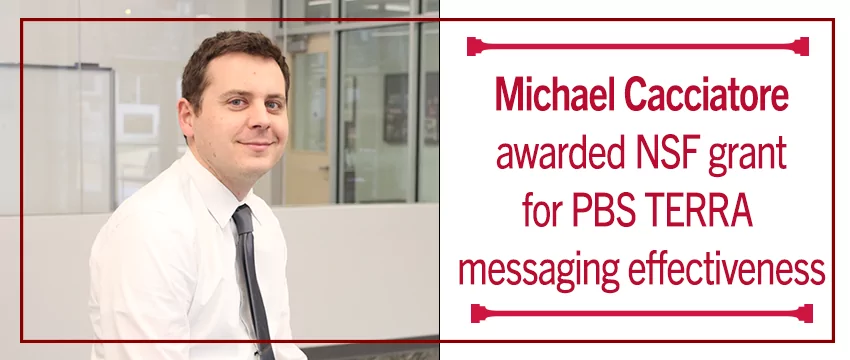
Michael Cacciatore awarded $2.5 million grant for research
Funds from the U.S. National Science Foundation support research for PBS TERRA, a science-themed hub on YouTube Michael Cacciatore, co-director of the Center for Health and Risk Communication at Grady […]
